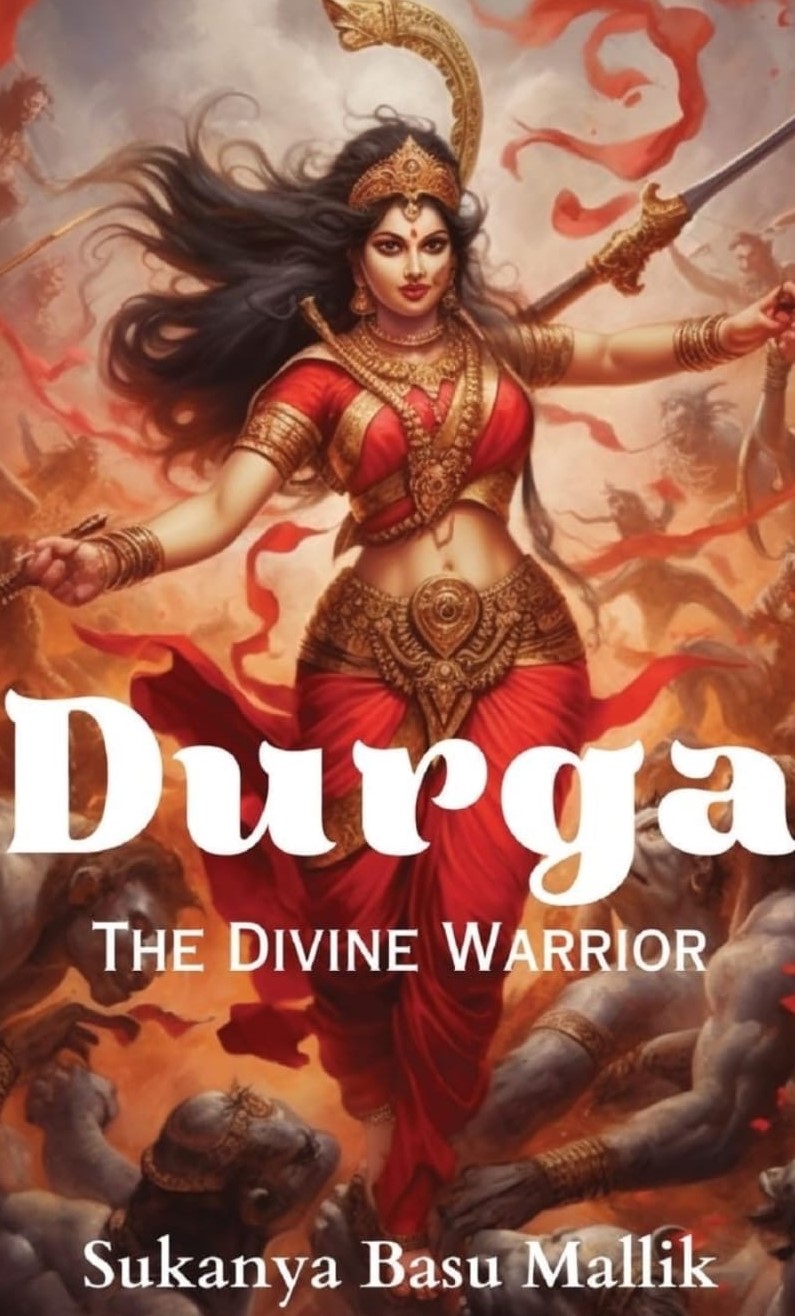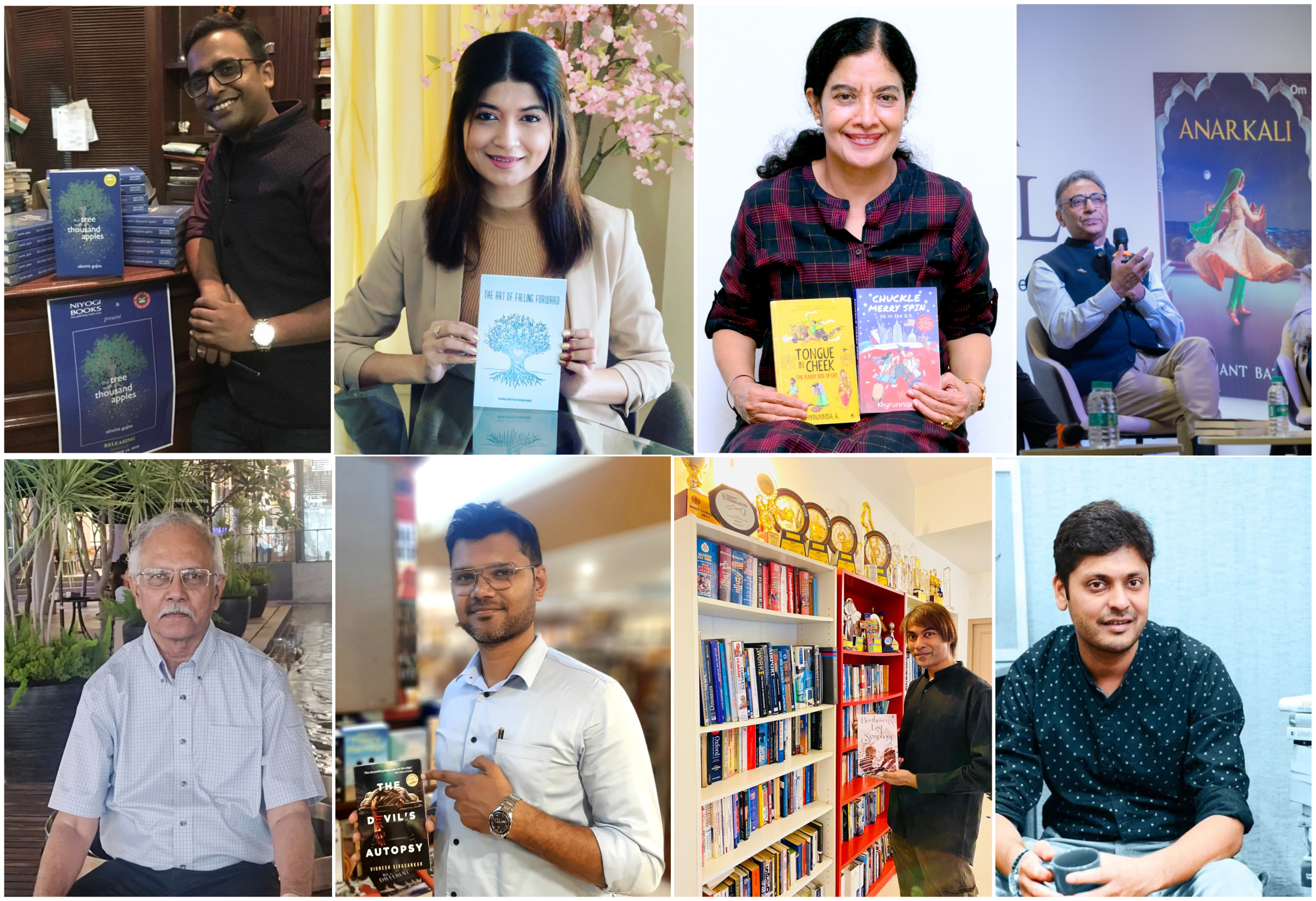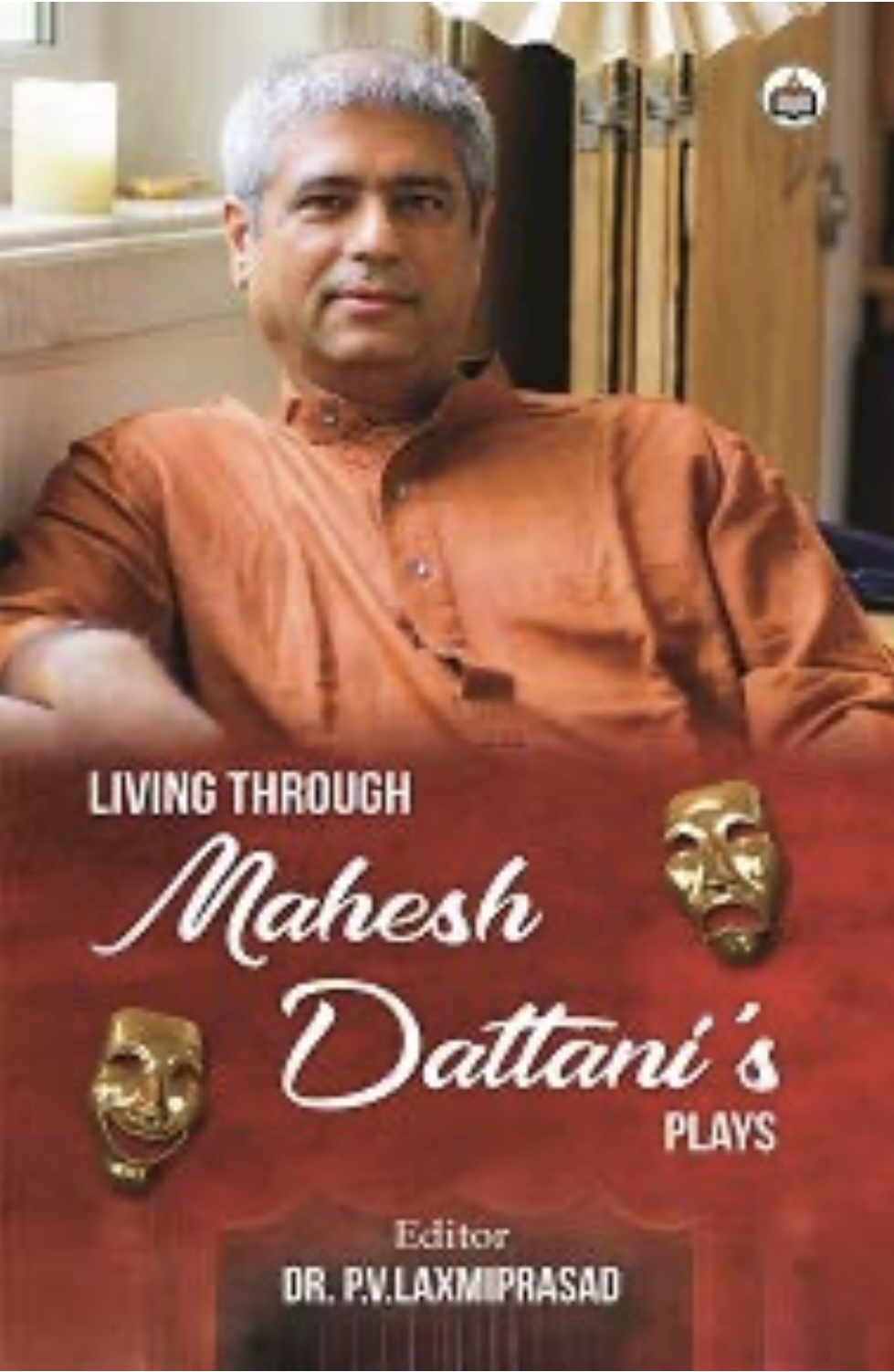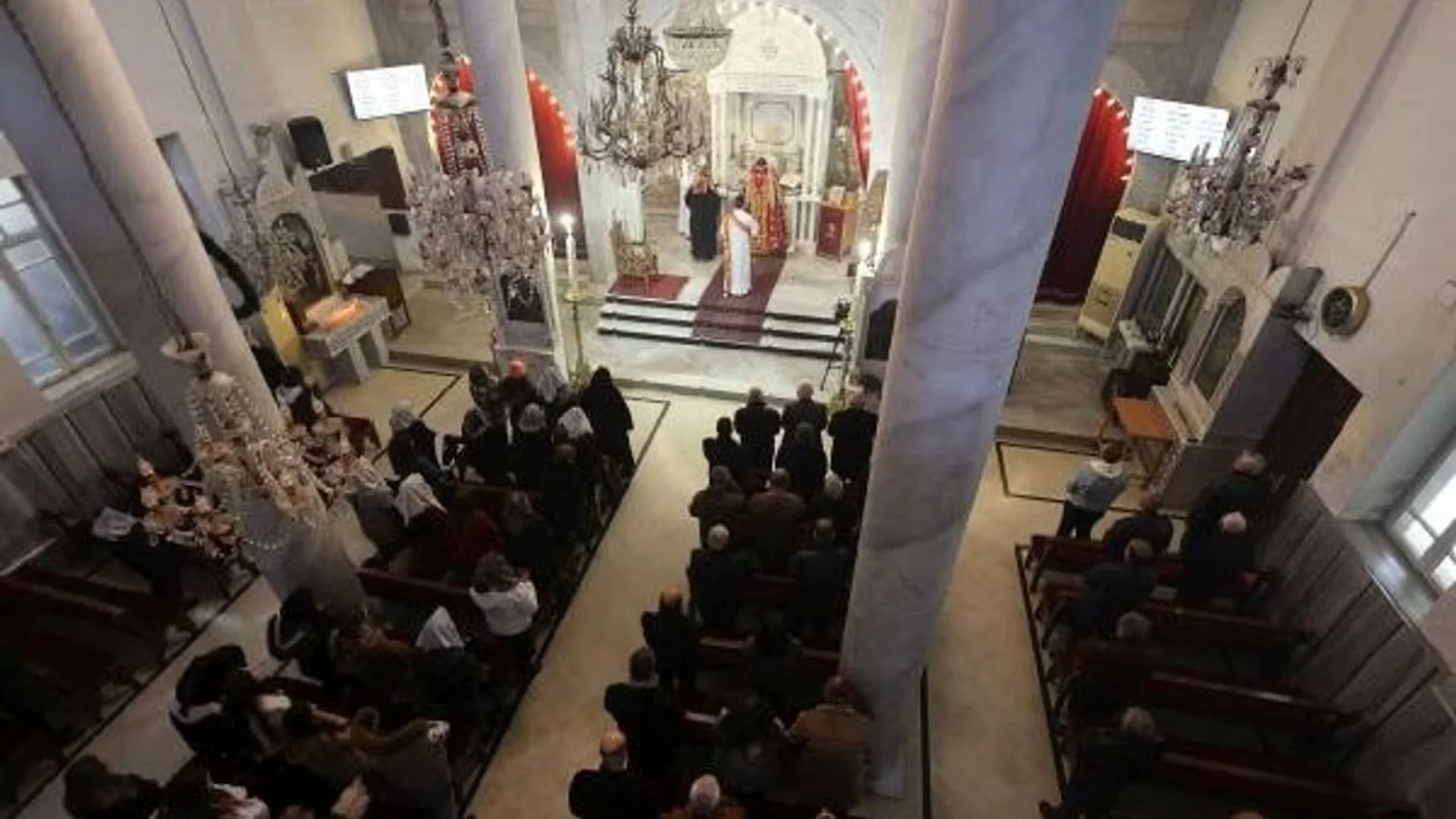I always love reading news articles related to literature. But do you know what I love more? Finding a connection between them and analyzing where we are heading as a society! Literature is not just for fun, it also helps us remember history and culture. Readers and writers worldwide aren’t just reading to pass the time. They are trying to convey facts through fiction and learn more about the nuances of the world! Here are three news stories I came across recently and what I can draw from them.
Preserving Literature and Culture in Kashmir
Sarhad, a Pune-based NGO, has announced plans to convert Aragam village in North Kashmir’s Bandipora district into India’s largest book village. The initiative aims to promote Kashmiri literature and culture by providing a space for visitors to read books and attend literary discussions. The book village will feature ancient manuscripts, paintings, and artefacts from Kashmir, as well as books in six languages. This project is not only significant for promoting literature but also for the conservation of the village’s cultural heritage.
Shakespeare’s First Folio: Preserving the Legacy of the Bard
William Shakespeare’s First Folio, published 400 years ago, is considered one of the world’s most important literary works. It established a definitive canon of his plays for posterity and preserved the legacy of the world’s most celebrated playwright.
The book was created by two of Shakespeare’s colleagues and assembled 36 of his plays, including several that had never been published before. Chris Laoutaris’s new book, “Shakespeare’s Book,” explores the creation and impact of the First Folio.
The Debate on Editing Literary Works
Publishers of P.G. Wodehouse’s books are removing “unacceptable” language from new editions, and a 2023 reissue of Thank You, Jeeves includes a disclaimer about outdated language, themes, and characterizations. Critics argue that this is another example of “sanitizing literature” and erasing history. They contend that Wodehouse’s refusal to engage with serious or “adult” topics was part of his charm. This debate raises questions about whether removing themes from books erases the history and culture reflected in literary works.
Conclusion
See what I meant? These three stories may seem miles apart when read in isolation. But together, they raise questions about preserving culture and art through literature. While initiatives like the Book Village in Kashmir promote literature and culture, the editing of literary works raises questions about preserving the original text and cultural context. At the same time, the impact of the First Folio on preserving Shakespeare’s legacy is a reminder of the crucial role literature plays in preserving history.
Neha Raj (The Book Marketing Girl and Co-founder at Booknerds)














